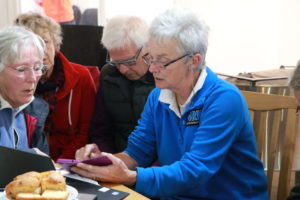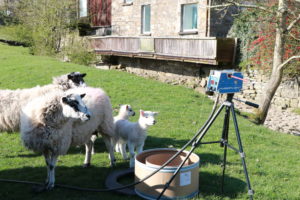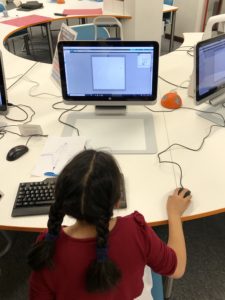The UN Sustainable Development Goals include a target of universal internet access by 2030.
While this goal is unlikely to be met there are massive efforts underway by companies, governments, non-profits, communities, and collectives to extend the reach of the internet. As the next 50% of the world becomes connected over the next few years the internet will start to look very different. There are many questions around whether other countries will follow China and Russia in attempting to create ‘intranets’, whether the fragmentation of the internet will accelerate, and the ways in which the internet will be used by this large demographic, many of whom live in poorer conflict-affected regions. At PCMLP, our research on the future of the internet focuses on issues of digital (in)equality, the internet and the natural environment, and competing/complementary connectivity solutions for closing the digital divide.
Community Networks
We’re interested in how different internet ownership models enable or curtail the realization of fundamental rights online and offline. Community networks are owned and operated by local communities (rather than commercial telecommunications operators), and they offer innovative, grassroots solutions to lack of internet access.
Contact: Dr Kira Allmann

The Internet and Climate Change
Internet infrastructure, data transit and processing contributes as much CO2 to the atmosphere as the airline industry, and it’s on track to be the fastest growing source of greenhouse gas emissions over the next decade. As global demand for data increases, people without internet connectivity are falling further and further behind. Closing the digital divide between the connected and the unconnected needs to be a question of sustainability as well as a question of technology, politics, or economics. Can we bring the next 4 billion people online at current levels of data consumption? What does equality of internet access look like? This research agenda is focused on developing technological and policy solutions to make the internet greener, starting with digital/environmental literacy in schools.
Contact: Dr Kira Allmann

Digital Exclusion
As more of our everyday lives become digitised, from banking to government benefits, it is increasingly vital to ensure that everyone has access to a digital future. We need data-driven insights on the digital needs of people who are under- or unconnected to the internet and other digital technologies in developing and developed world contexts. Public libraries are increasingly on the front lines of closing the digital divide, providing essential free access to the internet and digital skills training. We’re exploring the role of public libraries in developing local digital literacy.
Contact: Dr Kira Allmann


